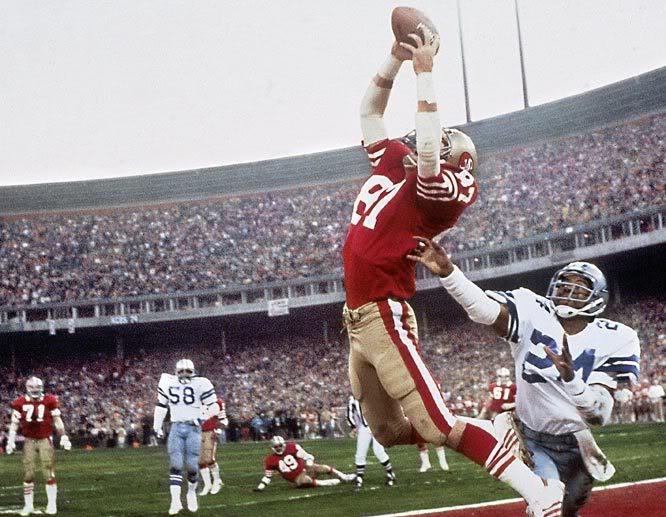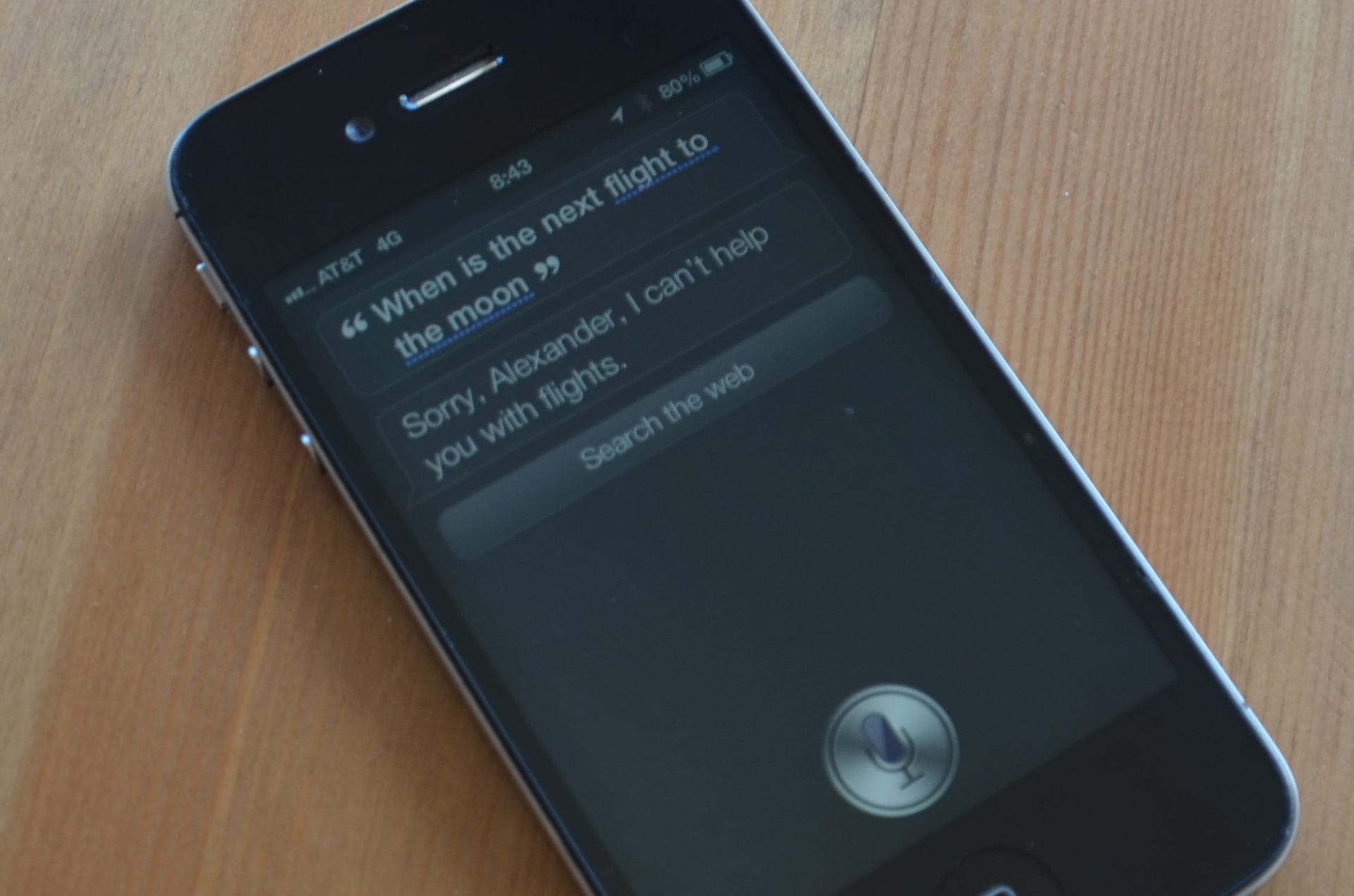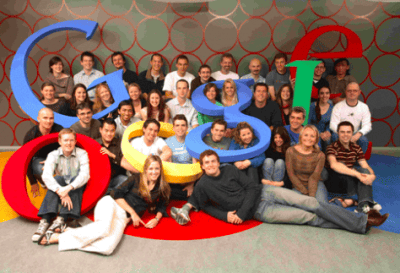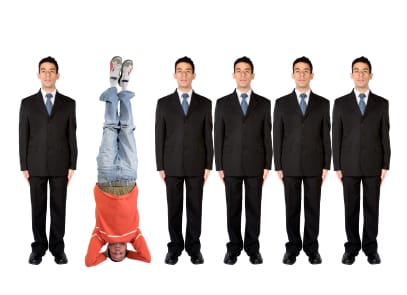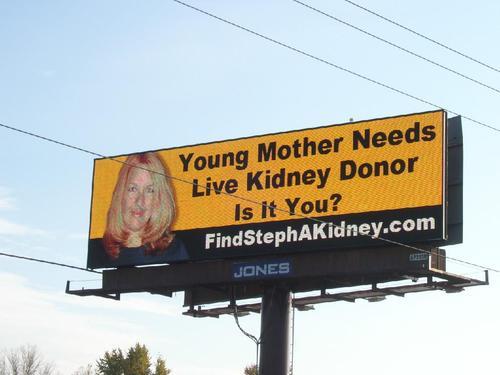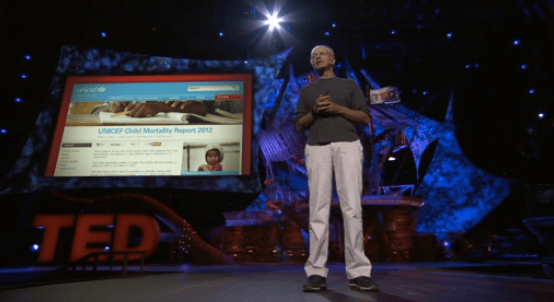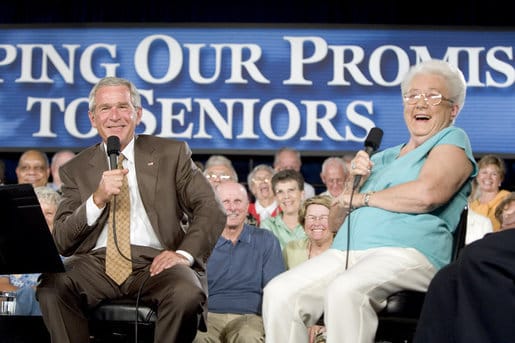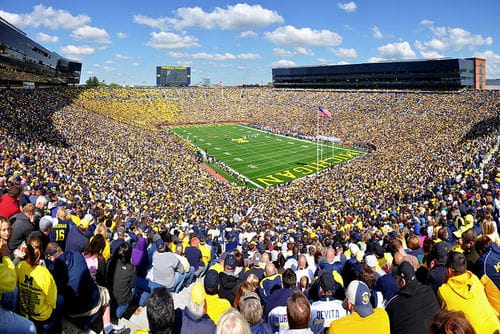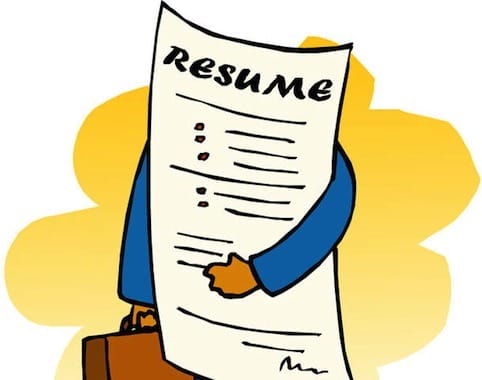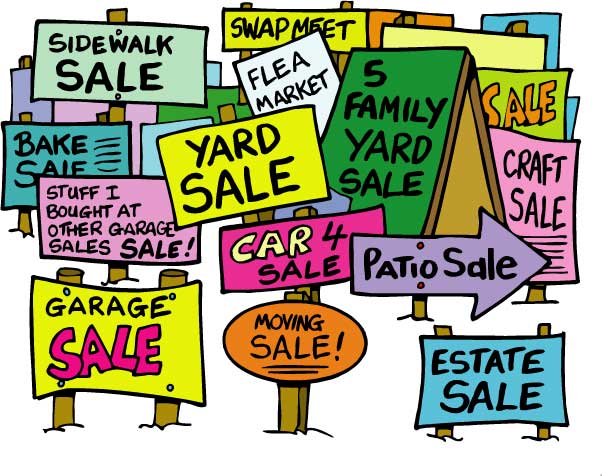Economics
-
It might be fun (but costly) for the city of San Francisco since half the fans won't need hotels.
-
Who decided that we need our soulless machines to act like eager to please friends? It’s not like we think they’re human. Right?
-
Want to know once and for all whether Google is losing its cool? Count the number of company sweatshirts being worn by employees getting on the Google bus.
-
-
Our brains have a bias toward sitcom-worthy epic fails. Or, rather, sitcoms are accurately parodying real life.
-
Intellectual property rights incentivize research by private companies but foster a culture of secrecy that slows down the speed of innovation. Is there a way to foster more openness in private sector research?
-
When it comes time to nail down a definition of what people mean when they talk about company culture, however, the definitions are as standardized as definitions of art.
-
There is massive waitlist for kidney transplants. Perhaps it’s time we start allowing the government to harvest our organs.
-
The degree to which a TED audience feels newly educated may be partly illusory - the result of showmanship as much as actual learning.
-
Over the past century, seniors have gone from the most vulnerable generation to the most secure. So why do they still get all the discounts?
-
The marriage of commercialized sports and academic institutions has turned the situation of a small but high profile group of elite athletes into one resembling exploited workers as much as talented student-athletes. As college athletics becomes a bigger and bigger industry with ever larger stakes, colleges risk sacrificing huge amounts of funding as well as their academic culture in the race to keep up.
-
What's a good story worthy to you? $1,000? Okay, how about a nickel instead?
-
It’s not hard to imagine dystopian applications of our online data being used as hiring criteria. The worst case? A world in which a majority of workers have to carefully prune from their online personalities any hint of a characteristic that conservative corporate businesses may find risky.
-
A major shift toward buying used could reduce waste, pollution and carbon emissions, save people money, and maybe even put a dent in the American proclivity for accumulating too much crap.
-
It is the physicality of books and paper that make them seem inefficient. But their physicality also helps us remember what we read and write.




